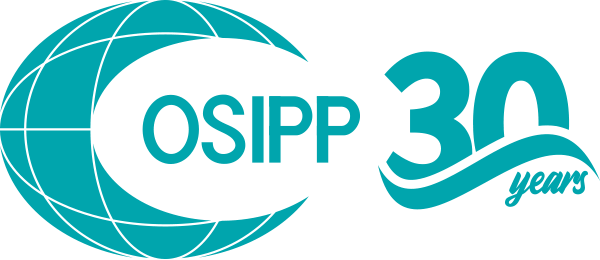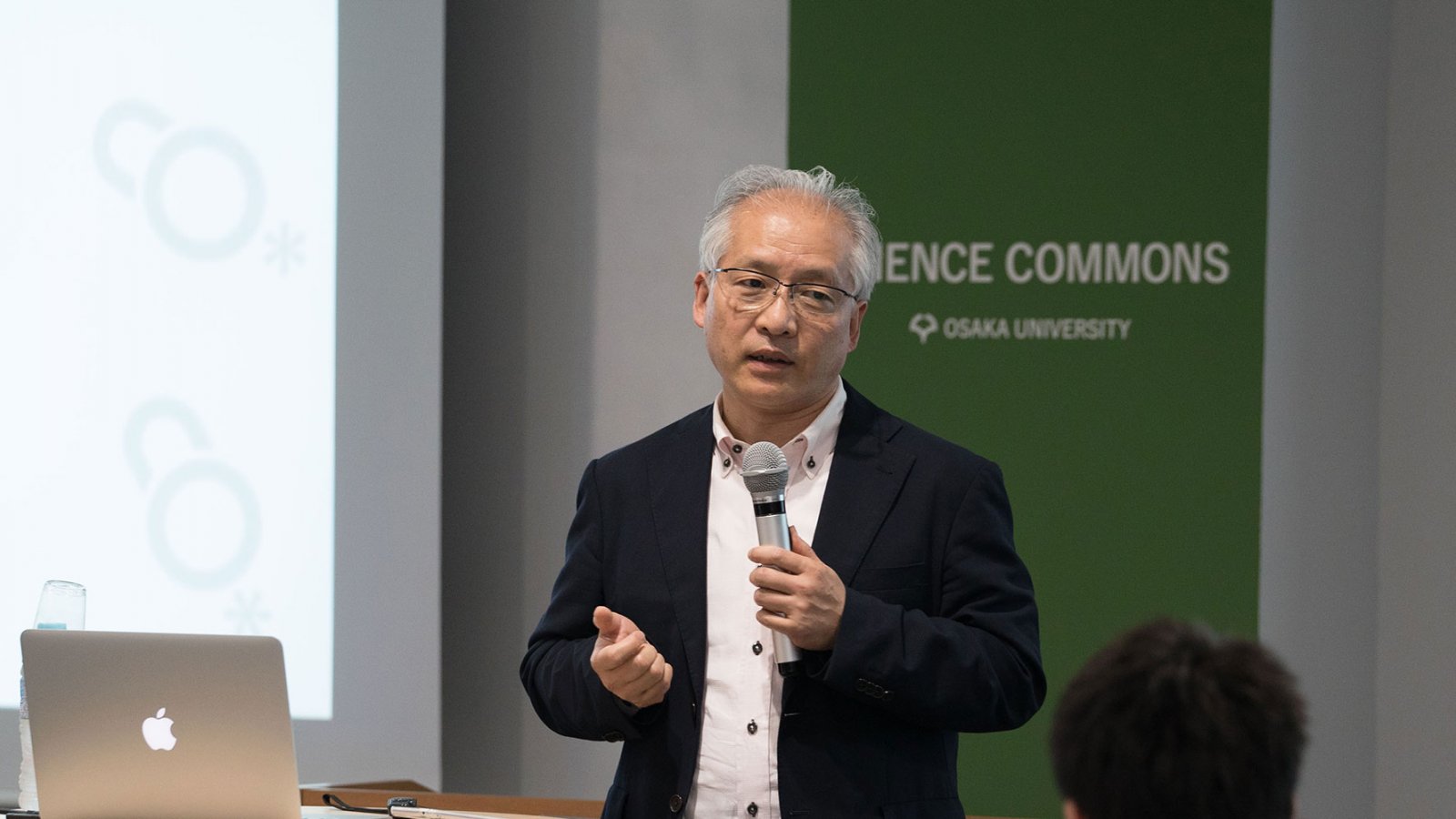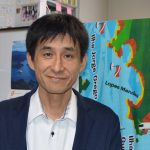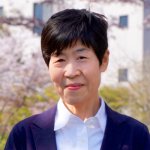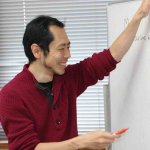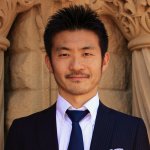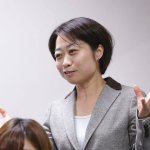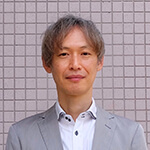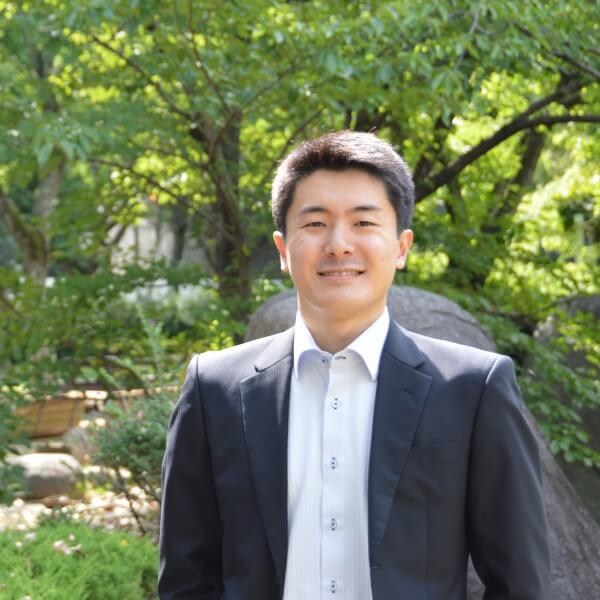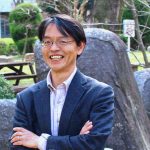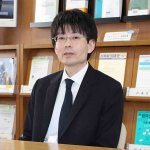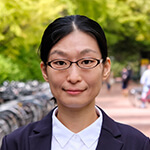Field of Research
Labor Economics, Economics of Education, Human Resource Management
Research Topics
Human Resource Management; the Economics of Education; Labor Economics
Overview of Research
My research expertise covers pedagogy, economics of education, and human resource development and management. Recently my research focuses on the exploration of the long-term effects of social abilities including non-cognitive skills and competency.
Humans are ever-evolving creatures and it is important that education and human growth after an individual’s foray into the labor market are not divorced from each other, but rather should be studied in unison. Researchers in pedagogy, however, tend to study only the span of time from elementary school to first employment after graduation. On the other hand, economists very rarely touch on education in childhood until recently and have mainly investigated human resource policies and capacity building of employees within companies.
Recent research in the fields of pedagogy and economics of education has shifted from the study of key indicators such as academic scores and academic history to the comprehension and analysis of less apparent traits such as generic skills, non-cognitive abilities, and competencies. With regard to tertiary education reform, it has been argued that more people should be trained to be equipped with skills that society requires, not just strong competency in specialized fields. It has also been proposed that these skills should be fostered in education curriculums before students enter the labor force.
However, there are many questions yet to be answered. For example, it is unclear how social skills are passed down and change after graduation. There may be periods where high ability growth is observed, or there may be optimal periods for efficient cultivation of these skills. The developmental mechanism for social abilities and their long-term effects needs to be delineated.
Specifically, I have been compiling and analyzing a data set on the mechanisms by which social skills are formed as well as their effects on grades in each stage of elementary, middle school, high school, college and university. In cooperation with local governments and education-related businesses, I have been also conducting follow-up studies of individual students so as to construct a longitudinal data set that enables analysis of social skill growth. Combined with these results, I would also like to reveal the process of how social skills are developed over the course of schooling and the effects they exert on occupation in entering into the labor market and how they affect career formation after that.
Message to Students
The pursuit of knowledge through a Master’s or doctoral course should help cultivate your ability to distinguish between pros/cons and truth/lies. Graduate students are required not to be a follower of fads or a sycophant to authority. If you find yourself in a place that deals with international public policy, you are expected to confront the problems in the society and to invest yourself fully in their solutions. Such a stance leads you to unique and creative research and then, you will forge your own path to fame instead of going down the path of merely importing, presenting, and tweaking research themes that are popular abroad, as often happens in Japanese social science.
MATSUSHIGE, Hisakazu
Professor
Degree: Ph.D. in Economics (The Australian National University)
matusige@osipp.osaka-u.ac.jp
